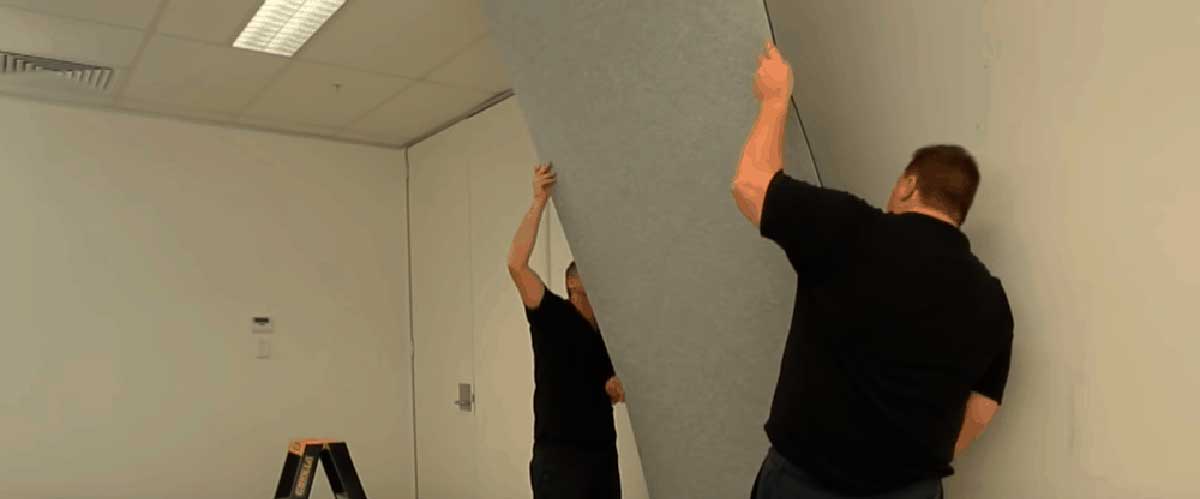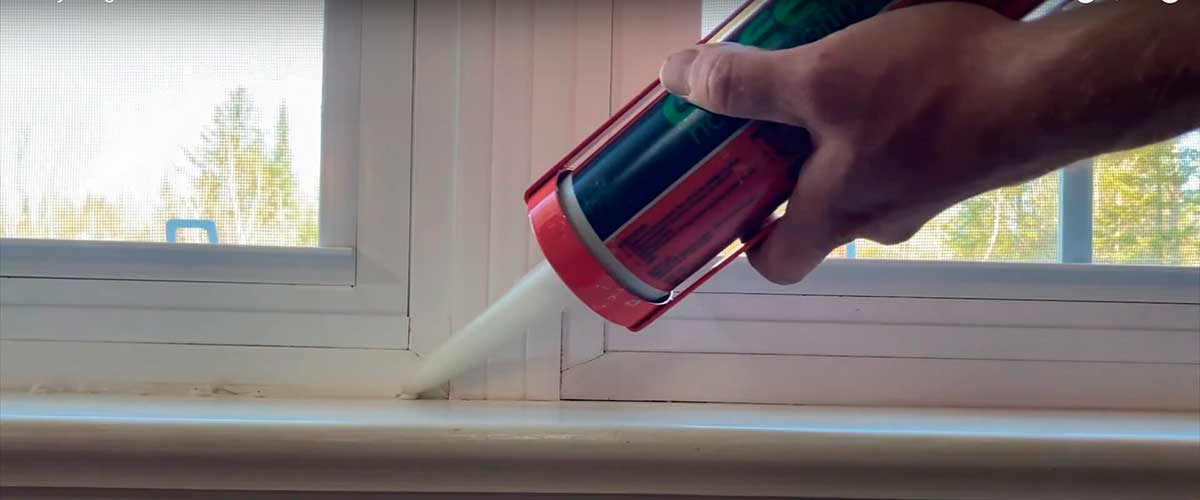If you don’t live in an in-ground bomb shelter with a high level of blast protection located far from subway tracks and airports, then at some point, you will want to stop sound from coming through your walls. Whether it’s the noise of traffic or your neighbors playing music too loudly, here are a few tips on how to reduce the amount of sound that travels through walls.
Things to do before involving in any construction or significant changes to walls structure
First and foremost, you have to investigate the source of the sound that bothers you. Put on your detective hat to find where all the noise is coming from. To do this, go room to room, listening carefully with your ear up against each wall. It is not always the case that the sound is coming through the walls. Sometimes, it could be the floor or the roof.
You may also find out that the sound source is something you have control over, like the noise your kids are making or defective plumbing in your own bathroom. In some cases, you can succeed in preventing the sound from emerging.

If you have any fans or vents near your walls, make sure they are covered with noise-canceling material. In most cases, it is more effective when you stop the sound before reaching your walls.
If the sound is not particularly loud and clear, you have to check if you are not the only person who hears it. Ask your spouse or your friends to confirm that the sound is real. Although serious soundproofing measures may help reduce the sound you hear because of psychological factors, it is not a good idea to spend money on them if this is the only reason. Besides, the effect might be temporary.
The most accessible measures that might help to stop sound
Make sure all the windows and doors in your home are closed tightly. If you have any air leaks near your windows, seal them up.
If the design of your room allows doing so, think about hanging thick curtains around your window frames. The thicker, the better. Hang them as close to the window as possible.
Carpets on the walls are also good sound absorbers. They will make an especially big difference if you have silk wallpaper with shiny surfaces in your room because they reflect sound too well.
You can try repainting the walls with sound-absorbing paint. Of course, there are different opinions on how effective this measure is, but it can’t hurt to try.
Adding some furniture or other objects to the room might also help absorb the sound.
If you feel that the measures mentioned above are not enough, you can start thinking about heavier construction work.

Ways to block sound from passing through walls
One way to block sound from traveling through walls is by adding an extra layer of drywall or plywood with an air gap between the layers. If you are already getting ready to repair your walls, it would be a good time to do this.
Another way to soundproof a wall is by using special materials designed for this specific purpose. Your local hardware store is a good place to start looking for them. The most popular are:
- Soundproofing foam;
- Mass loaded vinyl;
- Glass wool or mineral wool;
- Egg crate foam;
- Acoustic panels;
- Cotton batting;
- Fiberglass;
- Rubber and cork.
Each of those materials has different sound-absorbing properties. Some work better for low-frequency noise, while others are more effective against high-frequency sounds. You will have to experiment a bit to see which one suits your needs and your budget best or seek advice from a professional.
If you are not sure how to install the material, there are also many companies that provide installation services. The downside of using any of those materials is that they can be pretty expensive, and they will take up some of your precious room space.
And finally, the sound will travel through walls to some extent no matter what you do. So if you want a completely soundproof room, you may have to move.
We are supported by our audience. When you purchase through links on our site, we may earn an affiliate commission at no extra cost to you.
Our newsletter
* We will never send you spam or share your email with third parties



